Skip over navigation
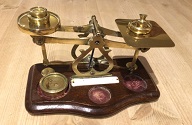
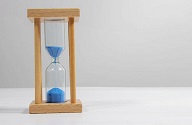
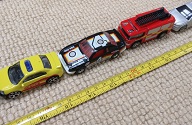
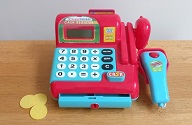
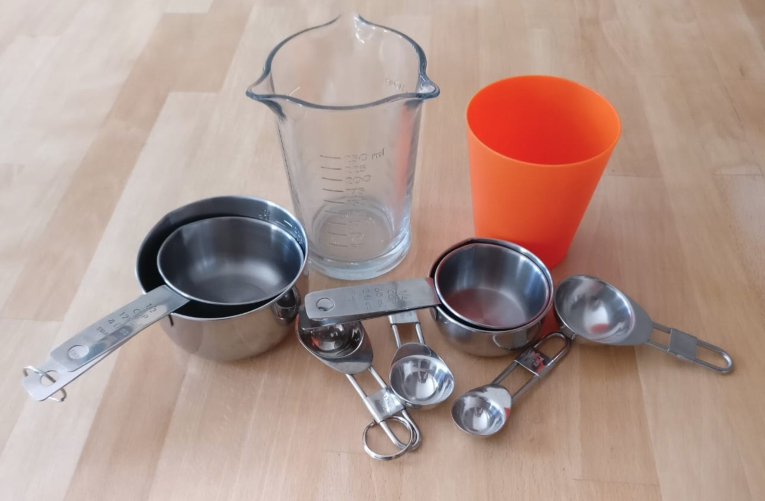
Or search by topic
Number and algebra
Geometry and measure
Probability and statistics
Working mathematically
Advanced mathematics
For younger learners
Mud Kitchen
Age 3 to 5
Using everyday language to talk about size, weight, capacity, position and distance
Explore characteristics of everyday (kitchen) objects and using everyday language to describe them
Explore characteristics of everyday (kitchen) objects and using everyday language to describe them





Children often enjoy digging in soil (mud), filling containers and emptying them, engaging in imaginative play and talking freely.
Adults could provide an assortment of all kinds of objects from a kitchen - pots, pans, a water supply, large and small kitchen utensils etc.
The Activity
Create a child-initiated mud kitchen play area where a small number of children at a time can explore, imagine and create.
Create a child-initiated mud kitchen play area where a small number of children at a time can explore, imagine and create.
Encouraging mathematical thinking and reasoning:
Describing
Tell me about this ...
What's over there?
Tell me about this ...
What's over there?
Reasoning
Why do you need that other pan/pot/ladle/spoon...?
Is there anything else you can think of that could be here? Why would it be useful?
Why do you need that other pan/pot/ladle/spoon...?
Is there anything else you can think of that could be here? Why would it be useful?
Opening Out
What would you like to do with this?
Here are some new ... (items not seen before).
Is that pan/pot/ladle/spoon big enough? (Can you find one that is?)
What would you like to do with this?
Here are some new ... (items not seen before).
Is that pan/pot/ladle/spoon big enough? (Can you find one that is?)
Recording
Would it help you remember this if you took a photo?
Would it help you remember this if you took a photo?
The Mathematical Journey
Counting:
- saying one number for each object (e.g. when voluntarily counting the number of pots/dishes filled with mud!)
- remembering the pattern of the number sequence
- understanding cardinality i.e. that the last number gives the total
- beginning to use counting to solve practical problems e.g. sharing out pots amongst the group
Same and different:
- describing the utensils and what they are doing using the language of comparison e.g. bigger, smaller, taller, longer, shorter, wider, narrower...
Shape, space and measure:
- using everyday words and mathematical words to describe utensils or what they have made e.g. “I want a round jar!”
- using everyday words to describe position e.g. “The pot's behind all the spoons!”
- using everyday words to describe capacity and ordering items according to capacity
Development and Variation
Very similar mathematics could result from water play and sand play, both of which encourage exploration of shape, size and capacity.
Children's thinking could be extended to include ideas about weight by introducing a balance or see-saw into the environment.
Giving children opportunities to explore any new area that you have created will result in them 'doing mathematics', whether they are using ideas associated with number, shape, position or measures, or a combination of the above!
Very similar mathematics could result from water play and sand play, both of which encourage exploration of shape, size and capacity.
Children's thinking could be extended to include ideas about weight by introducing a balance or see-saw into the environment.
Giving children opportunities to explore any new area that you have created will result in them 'doing mathematics', whether they are using ideas associated with number, shape, position or measures, or a combination of the above!
Resources 
Obviously, an outdoor area with soil is necessary!
Other useful items include:

Obviously, an outdoor area with soil is necessary!
Other useful items include:
- Kitchen utensils (pots, pans, spoons, spatulas etc.)
- Large cable drum (to use as a table)
- Play cooker
- Small blackboard
- Water
- De-commissioned microwave oven
- A range of sizes of plastic tubs
Download a PDF of this resource.


